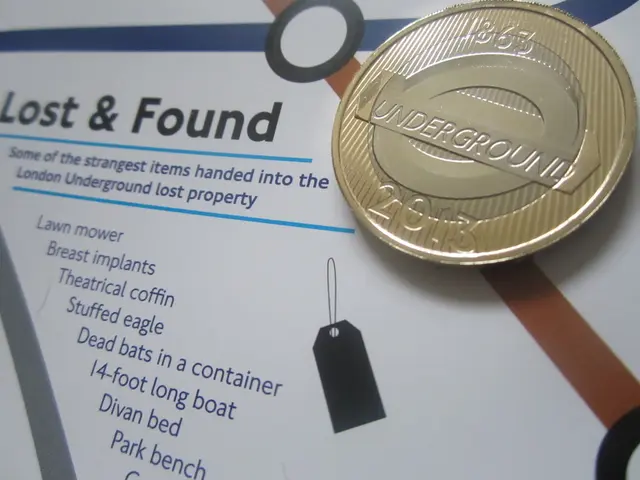Healthcare provider UnitedHealthcare lodges a lawsuit against The Guardian, alleging the newspaper aims to profit from the murder of its CEO.
In an unconventional turn of events, UnitedHealthcare, a renowned healthcare titan, has aggressively sued The Guardian and its parent company for defamation. The lawsuit, filed in Delaware's Superior Court, alleges that The Guardian knowingly spread false claims in a report titled "Too Big to Care," which was part of an investigative series.
The contentious article, published by The Guardian's US investigations team, accused UnitedHealth Group, UnitedHealthcare's parent firm, of engaging in cost-cutting tactics. The tactics were said to involve paying off nurses to minimize hospital transfers. The report, backed by internal emails, documents, and interviews with over 20 current and former staffers, claimed that these payments were made "as part of a UnitedHealth program." The report further stated that, due to interventions from UnitedHealth staffers, nursing home residents in need of immediate hospital care under the program failed to receive it.
However, UnitedHealth Group, United Healthcare Services, and Optum, the group's health services segment, assert that The Guardian published "knowingly false claims" in the story. They accused The Guardian of using "deceptively doctored documents" and "patently untruthful anecdotes" to create the article. Interestingly, The Guardian argues that the story is based on thousands of corporate and patient records, publicly filed lawsuits, and interviews with more than 20 current and former UnitedHealth employees.
The Guardian defends the report vehemently, stating that it stands by its "deeply-sourced, independent reporting" and labels UnitedHealth's accusations as "wildly misleading claims and intimidation tactics via the courts." The publication contends that it's outraged that UnitedHealth resorts to such measures in response to factual reporting about secretly paying nursing homes to reduce hospitalizations for vulnerable patients.
In response, UnitedHealth argues that the publication built a "narrative" using "anecdotes rather than facts." The company points to a U.S. Department of Justice investigation, which they claim found significant factual inaccuracies in the allegations, forcing them to take legal action to protect their reputation. However, despite these claims, a spokesperson for The Guardian maintains that it has received no requests for correction or retraction on any aspect of the story.
It's worth noting that UnitedHealthcare is being represented by Clare Locke, a law firm infamous for taking on defamation cases against media organizations. The firm also represents Project Veritas, and Jered Ede, who is working on the UnitedHealthcare lawsuit, was previously Project Veritas's chief legal officer.
In a broader sense, the dispute between UnitedHealthcare and The Guardian revolves around the accuracy of the report on UnitedHealthcare's cost-cutting tactics and its Institutional Special Needs Program. While UnitedHealthcare disputes the report's factual accuracy and claims defamation, The Guardian maintains the integrity of its reporting. The legal proceedings are ongoing, with no resolution yet in sight.
The dispute between UnitedHealthcare and The Guardian extends beyond healthcare matters, delving into the realm of business and finance, as the two parties engage in a legal battle over the accuracy of a report concerning UnitedHealthcare's cost-cutting tactics in sports-related activities, specifically its Institutional Special Needs Program. Interestingly, UnitedHealthcare's allegations of defamation contrast with The Guardian's defense of its meticulously sourced reporting, sparking debates on journalistic integrity and corporate reputation management.




